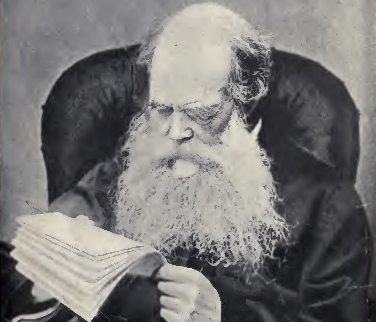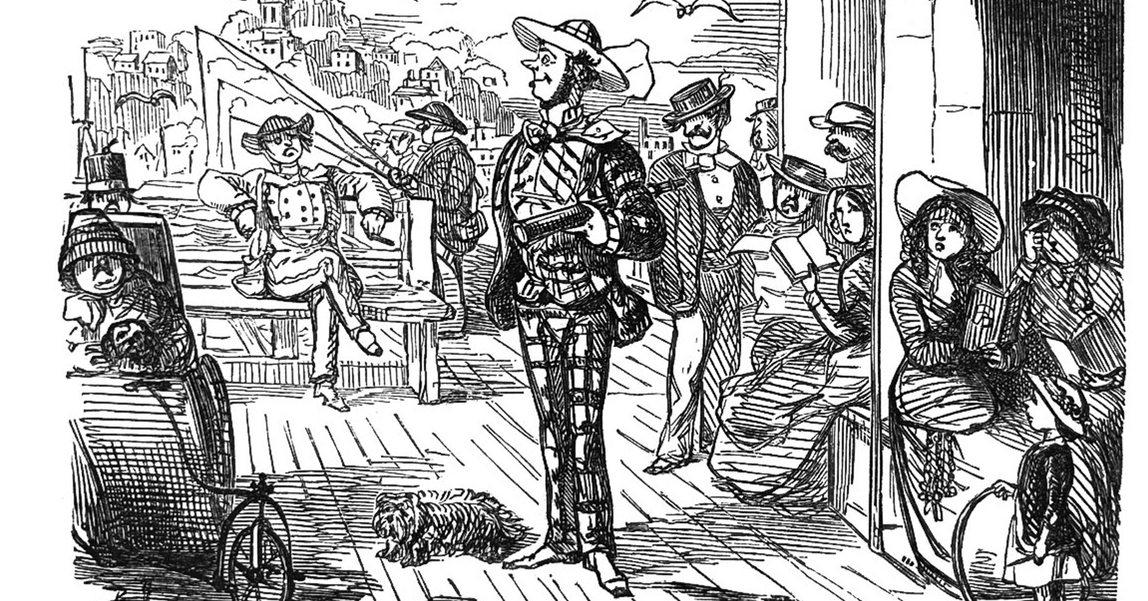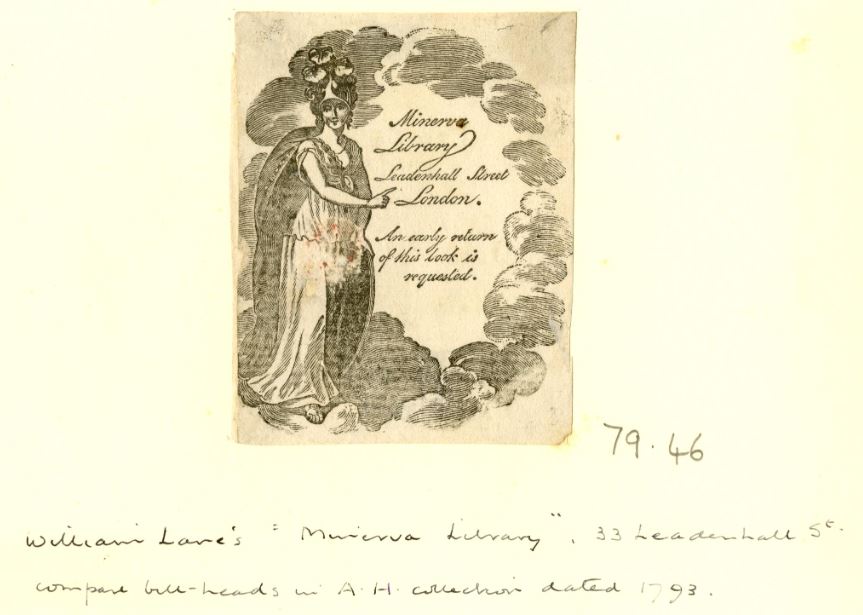There have been so many idioms that stood the test of time, and they have survived mainly due to their popularity and frequent usage. A lot of people who use the English language for speaking and writing are familiar with the idiom “waking up on the wrong side of the bed,” but some of them don’t actually know its meaning and how it is used. So, what does the said idiom mean? And where did it come from? To know the answers, we must take a closer look at the idiom and its proposed origins.
What is “Waking Up on the Wrong Side of the Bed?”
Waking up on the wrong side of the bed is an English idiom that means being in a bad mood after waking up. When someone says that you woke up on the wrong side of the bed, he or she means to say that you are already grumpy, angry, or irritated, even if your day hasn’t even started yet. Here are a few examples to illustrate what the idiom signifies.
- “She was quite irritated before eating breakfast. I guess she woke up on the wrong side of the bed.”
- “Why are you so grumpy this morning? Did you wake up on the wrong side of the bed?
- “My son woke up on the wrong side of the bed. That is probably why he is in such a bad mood today.”
The Origins of the Idiom
There are various theories as to who coined the idiom and how it was first used, although these would remain theories since there is no concrete evidence that a specific person created the said idiom. Here are some of the most popular theories as to where the idiom “waking up on the wrong side of the bed” originated.
Ancient Roman Superstition
The earliest speculated usage of the idiom was during the Roman era, specifically between 625 BC and 476 AD. During that period, there was a superstition that waking up and getting out the bed on the right side meant that you were absorbing positive energy while getting up on the left side meant that you were absorbing negative energy, which would then make you feel irritable, angry, grouchy, or just in a bad mood overall. [1] According to Ancient Roman superstitions, the left side of anything has a “sinister” aura to it, which is why many Ancient Romans would try to avoid going to the left side of tables, rooms, and beds.
In addition to objects, Ancient Romans also believed that using the left hand for writing and other activities were considered “evil.” Children and adults in Ancient Rome that predominantly used their left hand more than their right were regarded as different from the others, and there were even religious schools during that era that tied children’s left hands behind their backs so that they would be forced to utilize their right hands instead. [2]
It is speculated that the Ancient Romans’ superstition of the left hand and any left side of an object being evil was influenced by various cultures within the Ancient Indo-European family, which is the ancestor of the Greeks, the Celtics, and the Albanians. The prayers conducted by the Indo-Europeans required them to face the sun to the east. While in a praying position, the back of the left hand is facing north, while the right hand is facing south. The north is believed by the Indo-Europeans to be the location of the underworld, also known as the “kingdom of the dead.” [3] So, the direction of evil, negative energy, or bad luck was originally the north, but it was soon replaced with the left.
William Shakespeare’s “All’s Well That Ends Well”
The left side being “sinister” or “evil” was referenced by William Shakespeare, a popular English playwright, actor, and poet, in one of his plays titled “All’s Well That Ends Well.” This play, which was published in 1623, has a character named Parolles, a loud-mouthed and deceitful soldier who described a character named Captain Spurio to have a cicatrice or scar on his “sinister cheek.” [4] Parolles meant that the scar was located on Captain Spurio’s left cheek.
Who Was William Shakespeare?
William Shakespeare is one of the greatest writers in history, as he was able to write and publish plays and poems that stood the test of time and are still regarded as timeless classics. Shakespeare’s date of birth is unknown, but historical records have shown that he was baptized on April 26, 1564. By the age of 18, Shakespeare married a playwright and actor named Anne Hathaway, and together they had three children.
From 1585 to 1592, Shakespeare acted in several plays for Lord Chamberlain’s Men (later called King’s Men), a playing company where Shakespeare was also a part-owner. It is also in Lord Chamberlain’s Men where his plays were written and acted. William Shakespeare passed away on April 23, 1616, at the age of 52. There are no written documents or records about Shakespeare’s cause of death. [5]
Because not much is known about William Shakespeare, there have been many theories surrounding his private life and career, with some even suggesting that most, if not all, of his plays were written by other people.
The Use of the Idiom in the 19th Century
In the 19th century, the Ancient Roman superstition of getting negative energy from getting up on the left side of the bed was carried over into various areas and countries of Europe. A document or text that proves the survival of the superstition is “Brewer’s Dictionary of Phrase and Fable,” which was written by a British lexicographer named Ebenezer Cobham Brewer, better known as E. Cobham Brewer. In the said dictionary, E. Cobham Brewer stated that using your left leg first when getting out of bed is also unlucky. [6]
Who was E. Cobham Brewer?
Ebenezer Cobham Brewer was born on May 2, 1810, in Norwich, a city found in Norfolk, England. Brewer was the son of a schoolmaster who opened an academy in Norwich. Brewer attended Trinity Hall, a constituent college of the University of Cambridge, and earned a degree in Law in 1836.
E. Cobham Brewer’s first major work was “A Guide to the Scientific Knowledge of Things Familiar,” which was published around 1838 to 1841. In the book, Brewer explained some of the common phenomena that most people don’t really have answers to, like why the leaves are green and how rainbows appear in the sky.
After the said book became popular, the sales from the book that Brewer collected were then used to fund his travels in different parts of Europe. His travels would influence the creation of his second major work, “Brewer’s Dictionary of Phrase and Fable,” which was published in 1870. The dictionary collects all known idioms, phrases, and fables in England and other countries in the world. A “New Edition revised, corrected, and enlarged” of the dictionary was published by Brewer in 1895. E. Cobham Brewer passed away on March 6, 1897. [7]
Thomas Wright’s Reference of the Idiom
One of the first references to the idiom “waking up on the wrong side of the bed” was found in the “Dictionary of Obsolete and Provincial English, Containing Words from the English Writers Previous to the Nineteenth Century which are No Longer in Use,” which was written English antiquarian and writer Thomas Wright and was published in 1857, which is 13 years before the publication of “Brewer’s Dictionary of Phrase and Fable.”
In Thomas Wright’s book, it is mentioned that “getting out the wrong side of the bed” is a phrase that is applied to a person who is “peevish and ill-tempered.” [2] In this context, we can see that the “left side” in the Ancient Romans’ superstitions was replaced by the “wrong side.”
Who was Thomas Wright?
Thomas Wright was born on April 23, 1810, at Tenbury Wells, a market town located in Worcestershire, England. For his education, Wright attended the Ludlow Grammar School and Trinity College, which is also the college where E. Cobham Brewer graduated. While studying in college, Thomas Wright became a contributing writer for the “Gentleman’s Magazine,” a monthly magazine in London that was founded in 1731. A year after graduating from college in 1834, Wright permanently moved to London to pursue a career as a writer. [8]
Wright’s first major work was “Early English Poetry in Black Letter, with Prefaces and Notes,” and this book was published in 1836. Thomas Wright was also one of the founders of the British Archaeological Association, an organization founded in 1843 and was created to provide support for archeologists and researchers in England. Thomas Wright died on December 23, 1877.
“A Marvellous Pleasant Love-story”
One of the first works of fiction that used the idiom “woke up on the wrong side of the bed” is “A Marvellous Pleasant Love-story,” a two-part novel written by Elizabeth Wright. In the novel, a character stated this line: “You have got up on the wrong side this morning, George.” [2]
Not much is known about Elizabeth Wright other than the two-part novel she wrote, but it is written in historical records that the first part of “A Marvellous Pleasant Love-story” was published in 1801. The novel was printed at a printing press in London called Minerva Press. [9]
What was Minerva Press?
Minerva Press was founded in 1790 by William Lane, a publisher and bookseller in London. [10] From the time of its founding until the early 1810s, Minerva Press was incredibly popular among Londoners, and interestingly, many of the regular writers for the company were women. However, most of the lowbrow and Gothic novels published by Minerva Press were quickly forgotten by the 1820s, and the company, as well as most of its writers, became obscure in history.
Conclusion
It is surprising that some of those idioms are ancient. As evident in this article, one of those ancient idioms is “waking up on the wrong side of the bed,” and despite being quite old, it is still a relatable and relevant idiom since there are a lot of people that have a bad mood after waking up in the morning or after a nap.
References
[1] Grammarist. Get up on the wrong side of the bed and wake up on the wrong side of the bed. Grammarist. Retrieved September 29, 2022, from https://grammarist.com/idiom/get-up-on-the-wrong-side-of-the-bed-and-wake-up-on-the-wrong-side-of-the-bed/
[2] Porter, L. (2021, October 8). The Meaning Behind Waking Up On The Wrong Side of The Bed. Dreams Sleep Matters Club. Retrieved September 29, 2022, from https://www.dreams.co.uk/sleep-matters-club/waking-on-wrong-side-of-the-bed
[3] Liberman, A. (2010, September 22). The Sinister Influence of the Left Hand. Oxford University Press Blog. Retrieved September 29, 2022, from https://blog.oup.com/2010/09/left-hand/
[4] Shakespeare, W. (1623). All’s Well That Ends Well. MIT’s The Complete Works of William Shakespeare. Retrieved September 29, 2022, from http://shakespeare.mit.edu/allswell/full.html
[5] Folger Shakespeare Library. Shakespeare’s Life. Folger Shakespeare Library. Retrieved September 29, 2022, from https://www.folger.edu/shakespeares-life
[6] Wonderopolis. Which Side Is the Wrong Side of the Bed? Wonderopolis: Wonder of the Day. Retrieved September 29, 2022, from https://www.wonderopolis.org/wonder/which-side-is-the-wrong-side-of-the-bed
[7] Edwinstowe Historical Society. Cobham Brewer’s Labour of Love. Edwinstowe Historical Society. Retrieved September 29, 2022, from https://edwinstowehistory.org.uk/local-history/people/author/cobham-brewer/
[8] A Cambridge Alumni Database. Wright, Thomas. University of Cambridge. Retrieved September 29, 2022, from https://venn.lib.cam.ac.uk/cgi-bin/search-2018.pl?sur=&suro=w&fir=&firo=c&cit=&cito=c&c=all&z=all&tex=WRT830T&sye=&eye=&col=all&maxcount=50
[9] Wright, E. (1801). A Marvellous Pleasant Love-Story. In Two Volumes. The Women’s Print History Project. Retrieved September 29, 2022, from https://womensprinthistoryproject.com/title/8550
[10] Valancourt Books. Brief History of the Minerva Press. Valancourt Books. Retrieved September 29, 2022, from https://www.valancourtbooks.com/minerva-press.html







